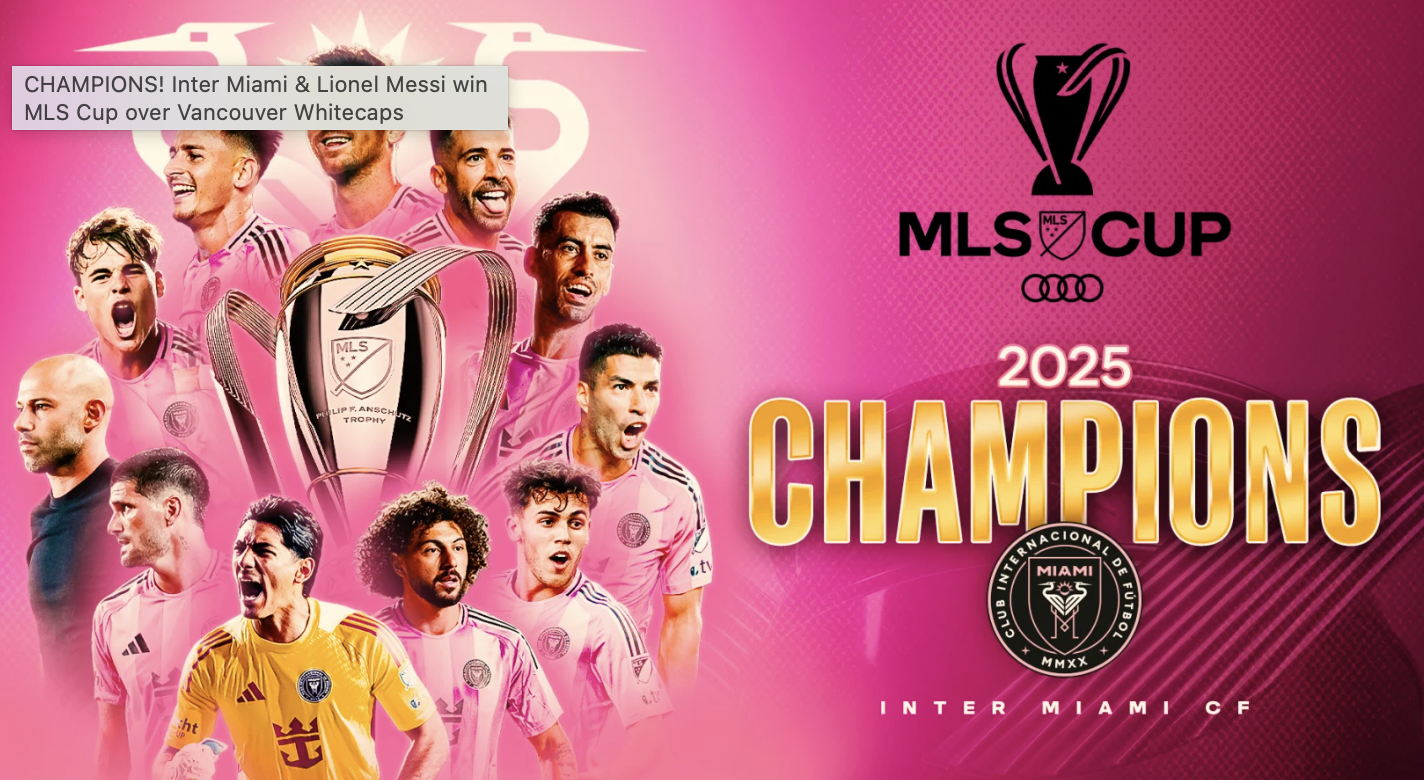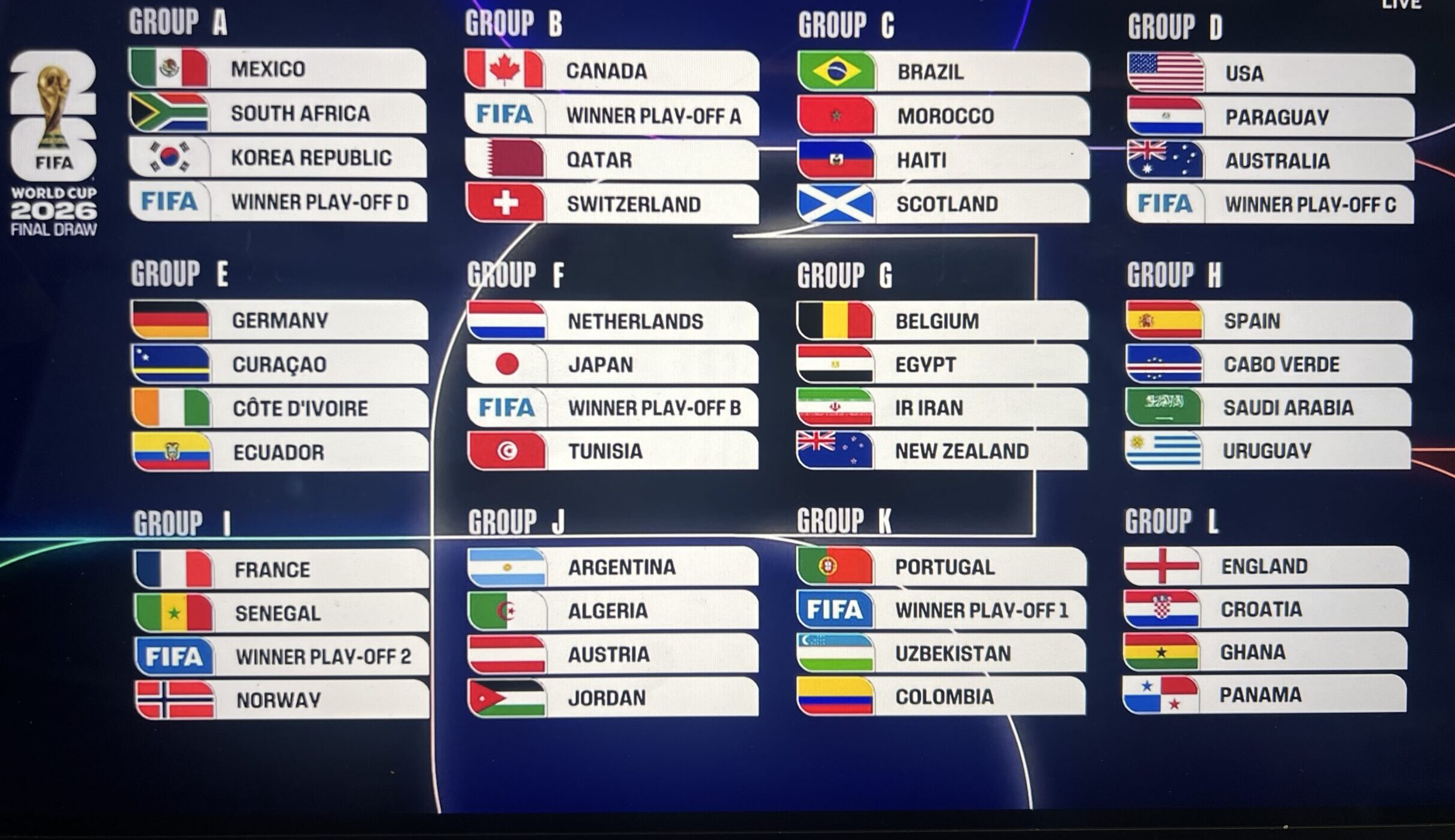|
By Paul Oberjuerge CARSON, Calif. — With Father’s Day on the horizon in the United States, there is one traditional gift that Bruce Arena certainly can do without. Another tie. Arena is coach and general manager of the Los Angeles Galaxy, occasional home of David Beckham and, in theory, the glamour franchise of Major League Soccer. But heading into a match this weekend at Toronto, Arena’s club is off to a bizarre, 1-1-9 start. That is, one victory, one defeat and nine ties in 11 matches. With 19 MLS matches still to play, the Galaxy already is only four ties short of the MLS season record of 13 held jointly by three clubs. Meantime, the Galaxy streak of five consecutive ties is a franchise record, and nine ties in 11 matches to open a season is an MLS record. As was eight in the first 10. "It’s better than losing," Arena said after a practice session at the Home Depot Center. "But at the end of the day, you want more wins, and that’s what we’re trying to do." Nine ties might seem alternately frustrating and yawn-inducing for Galaxy fans — or to Americans accustomed to seeing their sports events end with a winner and a loser. But upon closer inspection, without all those deadlocks the Galaxy might already be dead. In eight of the nine ties, the Galaxy gave up the first goal. In seven of them, the Galaxy didn’t get even until the 80th minute or later. Twice, the equalizer came in extra time. Prompting the Galaxy’s standout forward, Landon Donovan, to muse, "Those games could have been (seven) losses, right? In a lot of those games it should have been losses." That is, without a series of late-match heroics, the Galaxy easily could be 1-8-3. "What we want to get away from is giving up the first goal," Donovan said. "We know we have the fortitude to come back and get points. But we want to quit giving up that first goal. We feel like if we can get the first goal, we’re going to win these games." MLS awards three points for a victory, and the Galaxy is the only team in the league with only one victory. But the nine single points awarded for ties give the Galaxy 12 points, leaving it with more points than four MLS clubs and within four points of No. 8 — and eight clubs advance to the MLS playoffs. Arena, the U.S. national team coach from 1998 to 2006, took over as Galaxy coach and GM last August. He sees progress in not losing, particularly after the 2008 club finished 8-13-9. "For me, the ties still speaks about the fact that this team has improved," he said. "I’m hopeful we can position ourselves to win some games." Arena has been rebuilding a porous defense on the fly. Donovan Ricketts, the Jamaican international, is a big upgrade in goal. But the back line in front of Ricketts is alterately too green or too ripe, with rookies A.J. DeLaGarza (21) and Omar Gonzalez (20) falling into the former category and veterans Tony Sanneh (38) and Greg Berhalter (35) fitting the latter. Only Todd Dunivant, among the five defenders Arena regularly plays, is in his prime, at 29. The Galaxy offense, too, is limited. Mostly it is Donovan, who has six of the club’s 13 goals and has assisted on four more. So, 1-1-9. Yes, it could be worse. Arena believes the ties indicate "parity" in MLS. Indeed, Columbus and D.C. United each have seven ties, and Eastern Conference leader Chicago has six. MLS has turned into a tie machine, in 2009, with 38.8 percent of its matches, through June 4, ending in draws. A year ago, 27.1 percent of MLS matches were draws, which is more in line with the international rate. Germany’s Bundesliga recorded ties at a 25.8 percent rate in the season just finished; the English Premier League generated 25.5 percent draws, Italy’s first division 22.4 percent and Spain’s 21.8 percent. Still no team in any of those leagues drew even half of its matches. Arminia Bielefeld of Germany came closest, finishing a bottom-of-the-table 4-14-16 in 34 matches. Arena hasn’t yet reached a point where he wishes ties would go away, as they did in the first four years of MLS history, 1996-99. Back then, the league broke ties by means of a shootout, widely derided inside the country and out. "I think the tiebreaker would be good if you didn’t give three points to the team that won it," Arena said. "Maybe if you win in the tiebreaker you get two points and one for the team that loses. In the old days, it was three for the winner and that was it. I thought that was kind of stupid." MLS history offers some hope for optimism for the Galaxy. The three clubs that accrued 13 ties (albeit in 32-match schedules rather than the 30-match schedule in place since 2007), each made the playoffs — Houston and Chivas USA in 2006, Columbus in 2004. And Houston won the MLS Cup, upsetting New England in a shootout. Told about the statistical quirk, Arena chuckled and said, "So, we’re (four) ties away from clinching a spot in the playoffs? "I’m not sure I want 13 ties," he added. "But you never know." Paul Oberjuerge writes about soccer for the NY Times soccer blog Goal. He can be reached at: paul.oberjuerge@gmail.com |
LA Galaxy: Tie Machine















